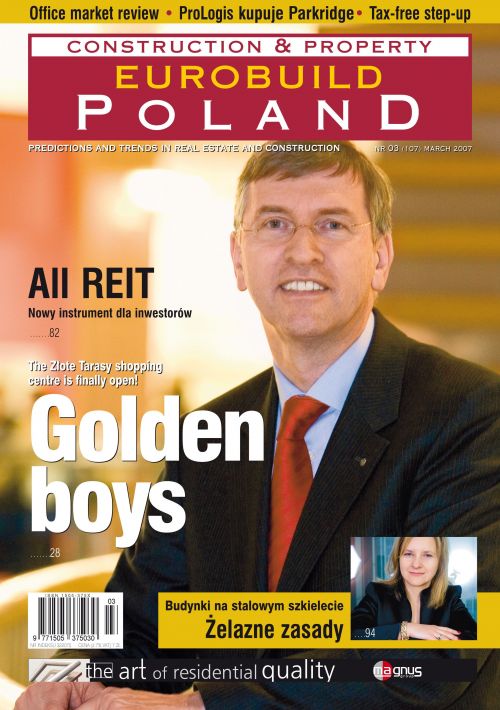On 1st January 2007 significant changes were made to Polish Corporate Income Tax Law, eliminating the possibility of a tax free step-up in the tax basis of fixed assets to their current market value. Nevertheless, some taxpayers still have an opportunity to benefit form the previous tax regime. Such a possibility is available under the transitional regulations A tax free step-up in the tax basis of fixed assets to their current market value, and, as a consequence, the possibility of increased depreciation write-offs was one of the tax optimization methods frequently used by the taxpayers active in the real estate market. Recent changes to the Polish Corporate Income Tax (CIT) Law, largely prevent the use of this method. However, the Polish legislator, while introducing the transitional regulations, has created a “loop hole”, which under certain conditions, enables taxpayers to take advantage of the step-up also in the year 2007.The concept of ‘step-up’ The ste


























































